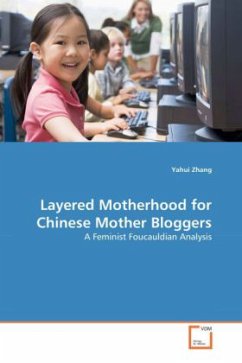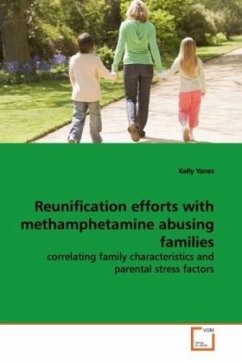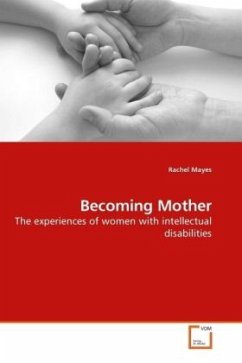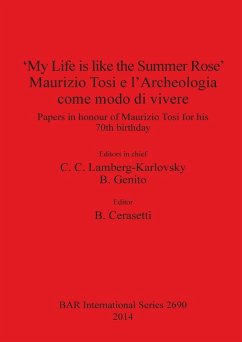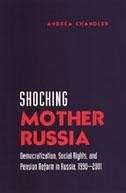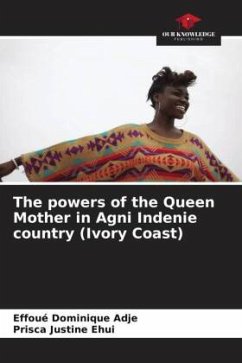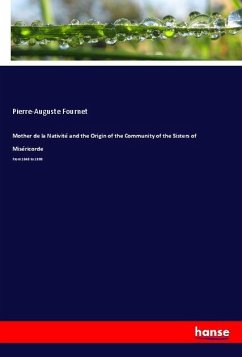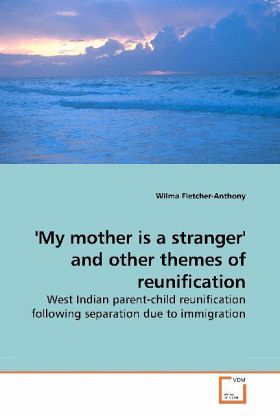
'My mother is a stranger' and other themes of reunification
West Indian parent-child reunification following separation due to immigration
Versandkostenfrei!
Versandfertig in 6-10 Tagen
32,99 €
inkl. MwSt.

PAYBACK Punkte
16 °P sammeln!
It is common practice for West Indian parents, typically the mother first, to migrate to the USA and leave the children behind in the care of relatives and friends. The intention is to have the children join them as soon as possible. Parents and children anticipate a joyful reunion, but the reality does not always fit the expectation. This phenomenological study explored the lived experience of post-immigration reunification from the perspective of the reunified adult children. In depth interviews were conducted with 8 New York City college students from 4 West Indian countries. Participants h...
It is common practice for West Indian parents, typically the mother first, to migrate to the USA and leave the children behind in the care of relatives and friends. The intention is to have the children join them as soon as possible. Parents and children anticipate a joyful reunion, but the reality does not always fit the expectation. This phenomenological study explored the lived experience of post-immigration reunification from the perspective of the reunified adult children. In depth interviews were conducted with 8 New York City college students from 4 West Indian countries. Participants had been separated from their parents for 1 to 19 years. Common themes from the interviews revealed how these individuals experienced reunification, their methods of coping with the experience, and the factors that helped them transition into a new family and society. The participants also provided a wish list of parental behaviors that could have made their reunification experience better. This information is useful to separated and reunified children and parents, teachers, social service providers, and mental health professionals in the West Indies and the USA.



